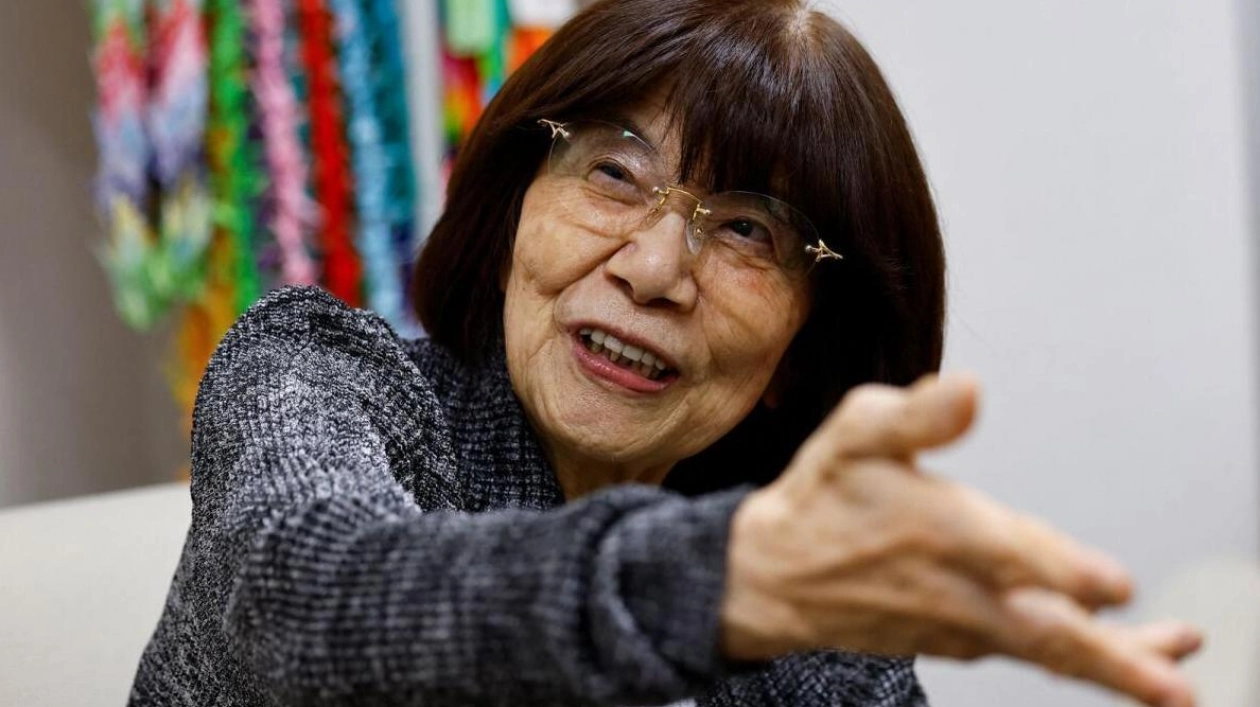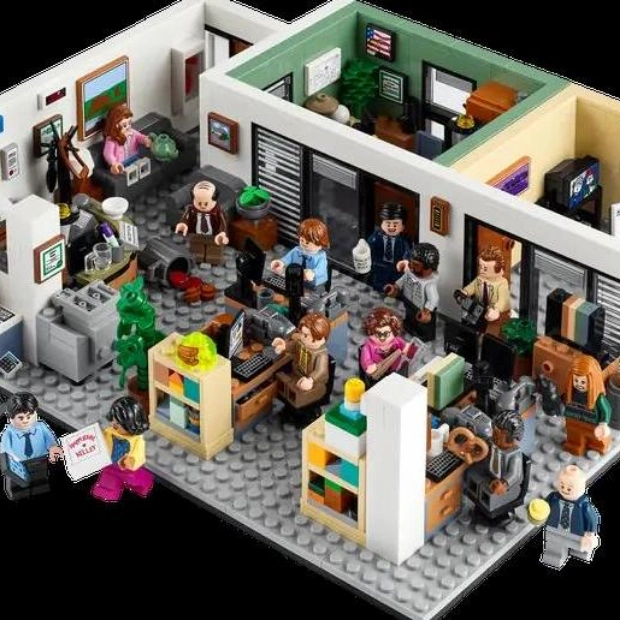Teruko Yahata, a survivor of the 1945 atomic bombing of Hiroshima, gestures during an interview the day after The Japan Confederation of A- and H-Bomb Sufferers Organisations (Nihon Hidankyo) won the 2024 Nobel Peace Prize, in Hiroshima, Japan. -- Reuters
Nearly eight decades after an atomic bomb destroyed her hometown of Hiroshima, Teruko Yahata bears a scar on her forehead from the force of the blast that knocked her over. The U.S. bombs that devastated Hiroshima on the morning of August 6, 1945, and Nagasaki three days later, altered the course of history and left Yahata and other survivors with profound scars and a sense of duty toward disarmament. The awarding of the Nobel Peace Prize on Friday to the Nihon Hidankyo group of atomic bomb survivors, for their efforts in warning about the perils of nuclear arms, has instilled hope among survivors and underscored the work that remains to be done, Yahata and others noted.
"It felt as if a light suddenly shone through. I felt like I could see the light," the 87-year-old said on Saturday, recounting her reaction to the news of the award. "This feels like the first step, the start of a movement toward nuclear abolition," she told Reuters at the site of the Hiroshima Peace Memorial Museum. She was just 8 years old and in the backyard of her home when the bomb struck. Despite being 2.5 km from the hypocenter, the blast was powerful enough to hurl her several meters back into her house, she said.
Seventy-nine years later, and a day after the Norwegian Nobel Committee awarded the survivors the prize, a long queue formed outside the museum, with numerous foreign and Japanese visitors lining up to enter. A bridge leading into the memorial park was adorned with a yellow sheet and other handmade signs opposing nuclear weapons. Activists collected signatures for nuclear abolition from those passing by.
Nihon Hidankyo, established in 1956, has provided thousands of testimonies, issued resolutions and public appeals, sent delegations to the U.N. and peace conferences, and gathered signatures advocating nuclear disarmament. Yahata, who is not a member of Nihon Hidankyo, said it was the relentless effort to gather signatures that ultimately led to the recognition after yielding little success for most of a century. "It's this blend of sorrow and joy that brought them to this peace prize. I think it's something profoundly meaningful," she said.
Nihon Hidankyo's co-chair, Toshiyuki Mimaki, said he felt the award meant greater responsibility, noting that most atomic bomb survivors are now over 85 years old. "Rather than feeling purely happy, I feel like I have more responsibility now," he told Reuters, seated in a Hidankyo office in Hiroshima in front of a map depicting the bomb's impact on the city. In rural areas, the group is on the brink of collapse, the 82-year-old said. "The major challenge now is what to do moving forward."






